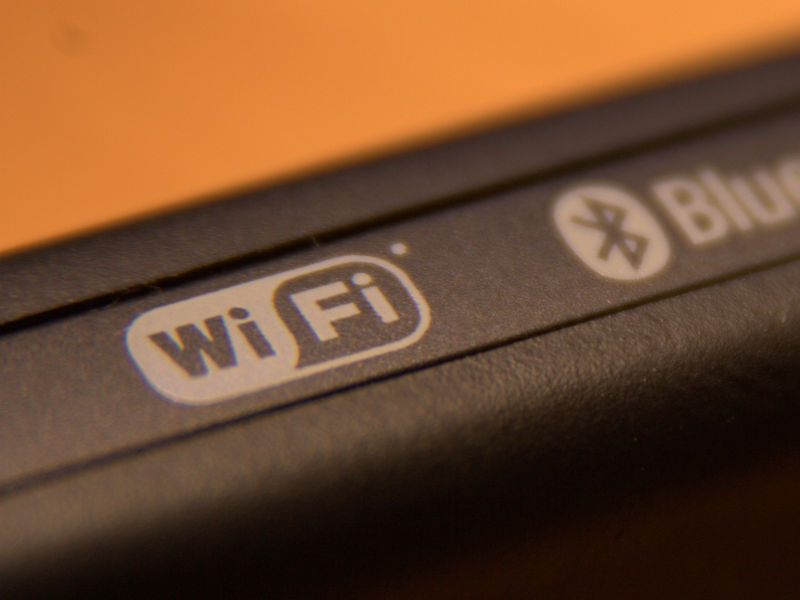Company Agreed to Payout for Blocking Mobile Hotspots
Rikki Wright / 9 years ago

We’ve all been there, sitting on the train or in a hotel and your mobile internet connection is superior to what is being supplied and normally charged for. I use my phone while on the train thanks to 4G data speeds and use that as a tether for my laptop; much faster and far more reliable than the extortionate train WiFi charges.
Well a US based company, Smart City Holdings (SCH), has been automatically blocking users from using their phones data plans to establish a hotspot to avoid the huge $80 (£50) daily fees for using the supplied WiFi. The FCC has taken action and has come to an agreement for the stop of the practice and a settlement of $750,000 (£480,000) which SCH has agreed to abide by.
This isn’t the first time this has happened, last October the Marriott Hotel Services agreed to pay $600,000 (£380,000) for a similar incident within the hotel premises in Nashville during a conference.
The latest action started as a complaint filed back in June 2014 by a company that allows users to connect to their own mobile hotspots as an alternative to paying the fees to connect to the venue alternative. It was discovered after customers were complaining of not being able to connect to the hotspots in multiple venues that SCH operated in.
“In a statement, Smart City Holdings president Mark Haley said his company in the past used equipment that prevented wireless devices from interfering with operations of exhibitors on convention floors. The activity resulted in less than one percent of all devices being deauthenticated.
“We have always acted in good faith, and we had no prior notice that the FCC considered the use of this standardized, ‘available-out-of-the-box’ technology to be a violation of its rules. But when we were contacted by the FCC in October 2014, we ceased using the technology in question.””
Do you use your mobile data to connect to the internet and tether multiple devices from? Are you happy with your coverage by your provider? Let us know in the comments
Thank you to ArsTechnica for providing us with this information



















